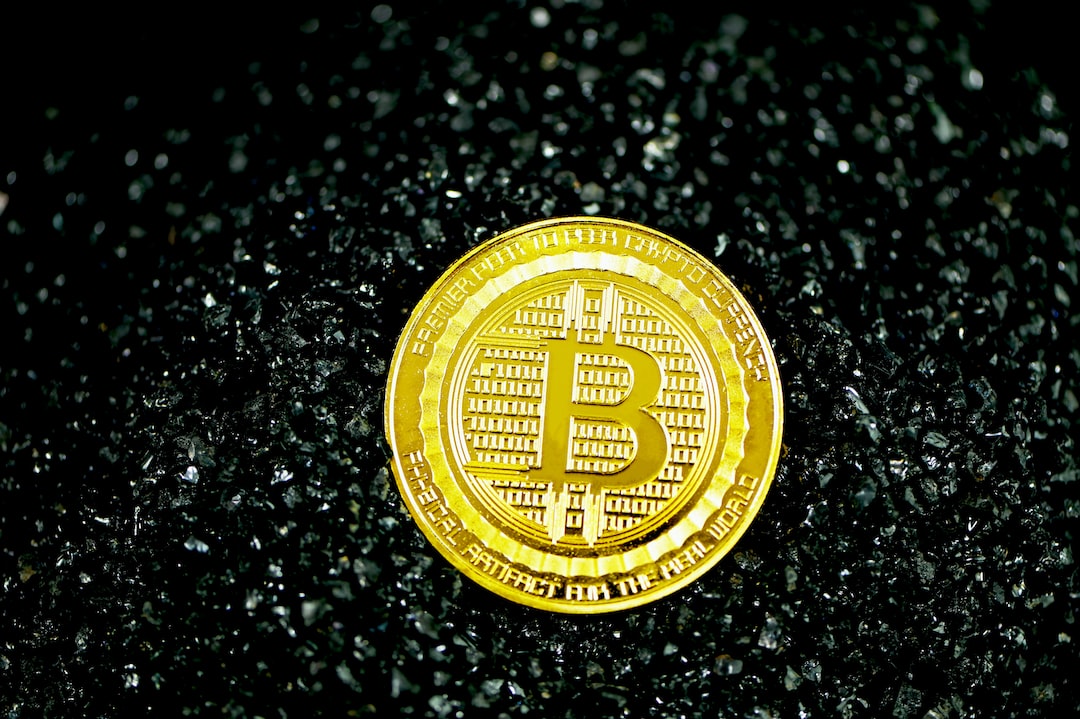Gemini Counters SEC Allegations, Highlights Ripple Case
Gemini, a major cryptocurrency exchange, has responded to allegations from the U.S. Securities and Exchange Commission (SEC) by drawing comparisons to the Ripple case and emphasizing legal distinctions surrounding securities issuance and sales. Here are the key points:
– The SEC claims that Gemini’s crypto lending program, Gemini Earn, involves securities sales.
– Gemini argues that the SEC has not adequately defined the specific security in question.
– The dispute centers around who determines what qualifies as a “security” and a “sale,” with Gemini claiming that the SEC has not proven a security sale occurred.
– Gemini cites the Ripple case, where the court used the Howey test to classify assets as securities.
– Despite disagreement with the initial Ripple ruling, Ripple’s CTO, David Schwartz, downplayed its significance.
Gemini’s core argument is whether the SEC accurately alleged a sale as defined by the Securities Act. The exchange asserts that the SEC lacks evidence and clarity on the alleged sale specifics. Here’s what else you need to know:
– John Deaton criticizes the SEC’s lawyers for not learning from the Ripple case and calls their attitude arrogant.
– Gemini’s co-founders, Cameron and Tyler Winklevoss, believe that the SEC’s failure to define security highlights weakness in the case and breaches fairness principles.
– Gemini points out instances where the SEC changed arguments in the Ripple case, showing inconsistency.
– Gemini argues that the SEC is being unfair and inconsistent in its actions, going against its promise to adhere to the rules.
– Regulatory figures like Gary Gensler, Gurbir Grewal, and Jorge Tenreiro are seen as believing they are exempt from legal scrutiny.
Hot Take
Gemini’s response to the SEC’s allegations highlights the ongoing legal complexities surrounding cryptocurrencies. The exchange raises important questions about the SEC’s definition of securities and its consistency in enforcement. This case, along with the Ripple case, will likely shape future regulatory decisions in the crypto industry. It remains to be seen how the courts will ultimately interpret these issues and their implications for the broader crypto market.





 By
By
 By
By
 By
By
 By
By
 By
By